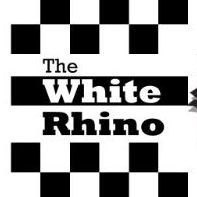Never replace a belt ever again. Snake oil Pehaps ???
-
Upcoming Events
-
Apr 27, 2024 02:30 AM
Until 06:30 AM
10 Going | 1 Manage | 3 Waitlist -
Apr 27, 2024 03:00 AM
Until 07:00 AM
8 Going | 1 Manage | 1 Waitlist -
Apr 27, 2024 03:30 AM
Until 06:30 AM
10 Going | 1 Manage | 2 Waitlist -
Apr 27, 2024 11:00 AM
Until 03:00 PM
12 Going | 2 Manage | 8 Waitlist -
Apr 28, 2024 02:30 AM
Until 06:30 AM
10 Going | 2 Manage | 1 Waitlist
-
-
Featured Topics
-
Topics
-
Popular Contributors











Recommended Posts
Create an account or sign in to comment
You need to be a member in order to leave a comment
Create an account
Sign up for a new account in our community. It's easy!
Register a new accountSign in
Already have an account? Sign in here.
Sign In Now